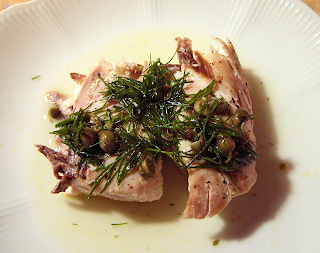"Cultivating a Movement: An Oral History of the Organic Farming & Sustainable Agriculture on California’s Central Coast"
 |
| Fresh, Local, and Organic |
"Cultivating a Movement" chronicles this process of
popularizing organic and sustainable agriculture by interviewing contributors
to the movement from many backgrounds and walks of life. This volume is
excerpted from a ten-volume set of transcribed oral histories on organic and
sustainable farming. In turn, these ten volumes are part of University of
California Santa Cruz (UCSC) Library’s ambitious Regional History Project, in which
librarians are interviewing hundreds of Central Coast area
movers and shakers, recording and transcribing their stories.





